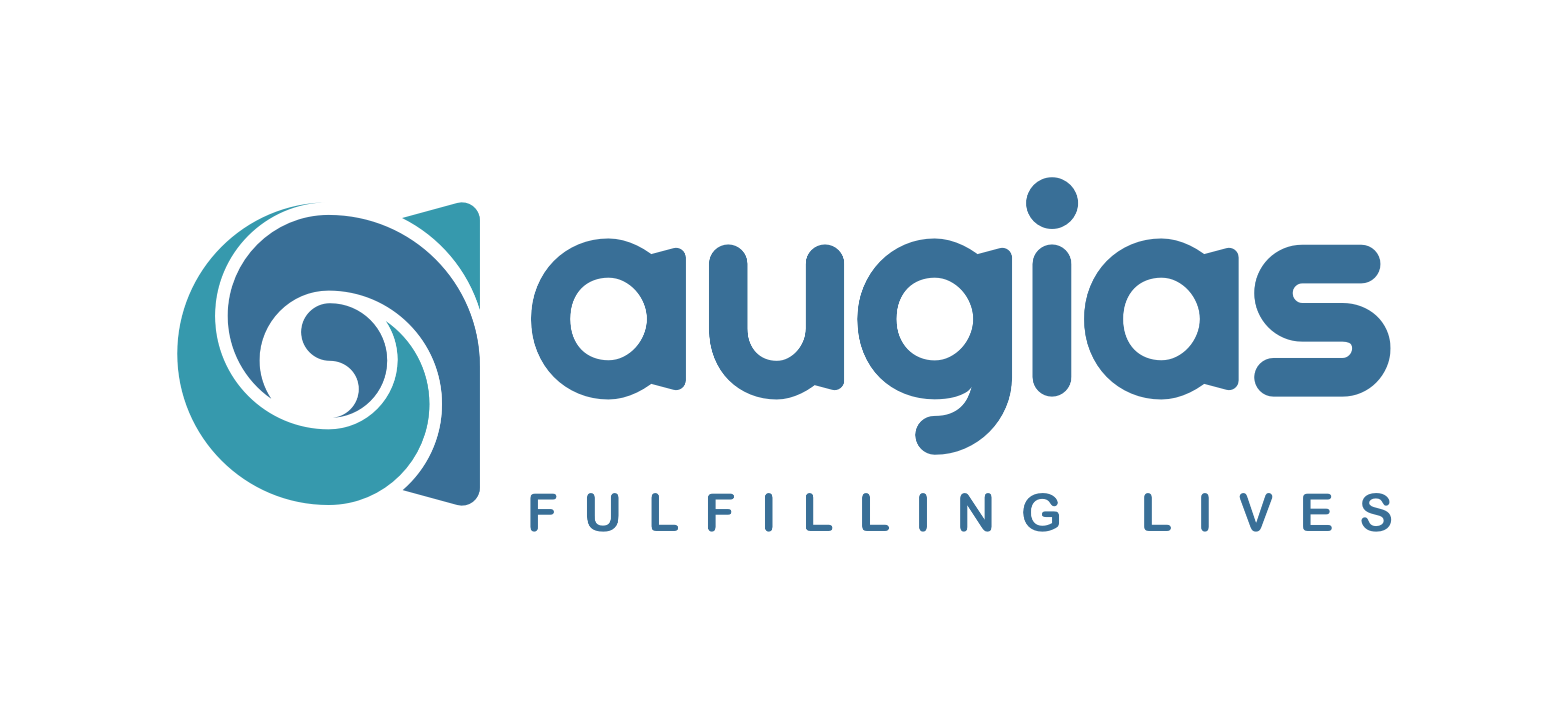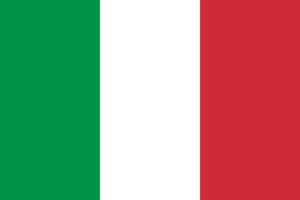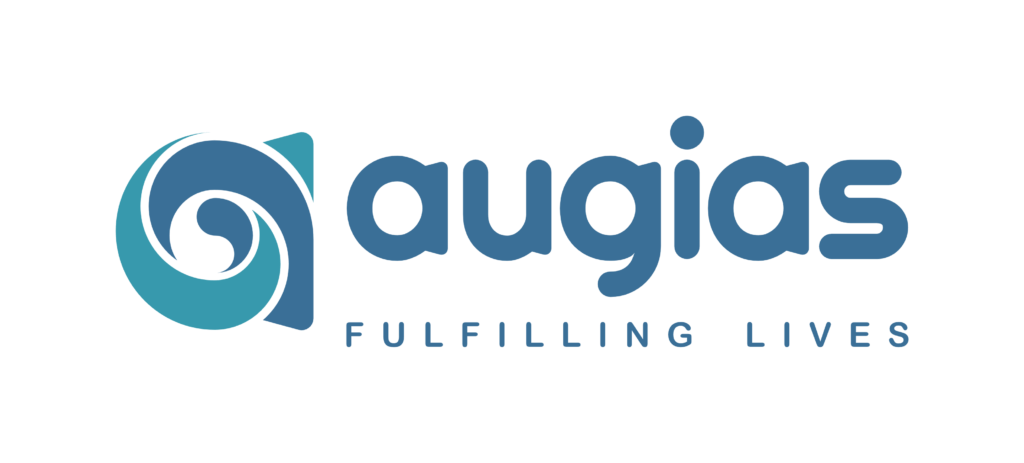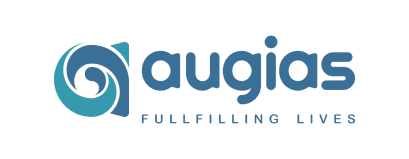In some sectors of the economy, “whatever it takes” is still the order of the day. If the systematic aids are, for several months, put back in the cupboard, there are, within certain limits, compensatory aids for the individual entrepreneurs whose activity suffers from the health situation, including the independent exercising in the field of Services to the person at home. A decree has just been issued to help those who request it to limit losses.
A cascade of activity terminations
Since the beginning of the COVID-19 sanitary crisis, the State and the Regions have put their hands in their pockets by setting up a solidarity fund to prevent the cessation of activity of small companies, micro-enterprises, self-employed and liberal professions, in sectors that have suffered the economic consequences of the sanitary crisis. Indeed, between confinements, curfews, lost working days, the health crisis has often been experienced as a gas pedal of the end of activity, precipitating many sectors of activity towards a loss of turnover that can sometimes reach 100% depending on the sector of activity. While the sale of so-called non-essential products and services has suffered particularly badly, many companies have seen a decline in their business, including in the home-based personal assistance sector. Indeed, the health protocols have greatly complicated the working conditions of home care providers and led to a decrease in turnover and even some additional costs. The aid schemes are therefore a breath of fresh air for the companies concerned.
Solidarity Fund maintained for December 2021
Last novelty on the Covid aid plan for individual companies announced: “Following the decree n° 2022-74 of January 28, 2022 the solidarity fund is maintained in November and December 2021. You have until March 31, 2022 to make your application on the site impots.gouv.fr. The system is renewed in the same way as in October,” reads the website of the Ministry of Economy, Finance and Recovery. This new aid scheme is designed to helpin the form of a solidarity fund, the amount of which varies according to the loss of turnover. This assistance is welcome to help businesses pay their bills until better days finally arrive.
What does this decree say? This decree “relating to the adaptation for the months of November and December 2021 of the solidarity fund for companies particularly affected by the consequences of the covid-19 epidemic and the measures taken to limit this spread” is aimed at companies particularly affected by the economic, financial and social consequences of the spread of the covid-19 epidemic and the measures taken to limit this spread. In effect, it modifies the previous decree and extends it identically.
In addition, self-employed workers can also benefit from the usual social action aid for self-employed workers, in particular theACED – Aide aux Cotisants En Difficulté – , which allows partial or total coverage of contributions.
A still complicated situation for SAP professionals
This renewed decree is part of a larger scheme, in line with the Government’s desire to “respond to the challenges faced by the self-employed” and thus to implement “a plan in favor” of this category of workers. The objectives are therefore to offer entrepreneurs a simplified framework and better protection when they set up a business, but also to support them throughout their activity.
Thus, for self-employed entrepreneurs in the home-based personal services sectors, this decree allows them to claim compensatory aid for the period of November and December 2021 to offset losses. Be careful though, not everyone can claim this compensatory aid, the distribution of which is quite strict according to the terms of the decree.
The contractors eligible for aid during the monthly period under consideration are broken down as follows:
- Companies that have been banned from receiving the public without interruption and have lost at least 20% of their turnover: they receive a monthly grant equal to 20% of the reference turnover (up to a maximum of €200,000);
- companies that have been banned from receiving the public for at least 21 days and have suffered a loss of turnover of at least 50%: they receive aid equal to 20% of the reference turnover (up to a limit of €200,000);
- companies that have been banned from receiving the public, are located in an area that has been confined for at least 8 days and have suffered a loss of turnover of at least 20%: they receive aid equal to the amount of the loss of turnover up to a limit of 1,500 euros;
- companies in the protected sectors (S1, S1 bis and similar) are eligible provided that they have suffered a 10% loss of turnover, have received the solidarity fund for at least one month between January 2021 and May 2021, have achieved 15% of the reference turnover, and are domiciled in a territory subject to a state of health emergency and have been subject to confinement or curfew for at least 20 days during the month They receive aid equal to 40% of the loss of turnover (up to 20% of the reference turnover, or €200,000);
- companies with less than 50 employees, domiciled in an area subject to confinement for at least 8 days during the month and having lost at least 50% of their turnover can claim a compensation of €1,500.

For the months of November 2021 and December 2021, applications for assistance must be made via a paperless form by March 31, 2022.
Atssi, if you are self-employed or self-employed in the Human Services sector and you don’t know if you are eligible, you can contact the Augias team.contact the Augias team.
Other assistance mechanisms
Moreover, we must not forget that in this period of pandemic, professional activity can also be impacted for exceptional reasons. For example, parents of children with disabilities or under the age of 16, who cannot telecommute, are compensated to keep them at home when their classrooms are closed.
Also, if you are contacted by the social security as a contact case or because you have tested positive, you have the possibility of requesting a 7-day leave of absence from work.
The Augias network, a solidarity solution
Although appreciable, this aid can only partially help self-entrepreneurs and micro-entrepreneurs who have experienced significant losses and a decline in their business during the many months of the pandemic. By working alone, the self-employed home care workers were also indirectly affected, as their clients became more reluctant to have them in their homes. In case of illness or being a contact case, they are also unable to perform their services. The strength of the Augias network is to accompany them in this type of situation in order to find a punctual and quality replacement solution to keep the trust and satisfaction of the customers.
Do you have a question about Augias and how we can help you start and grow your business? Contact us for more information!




